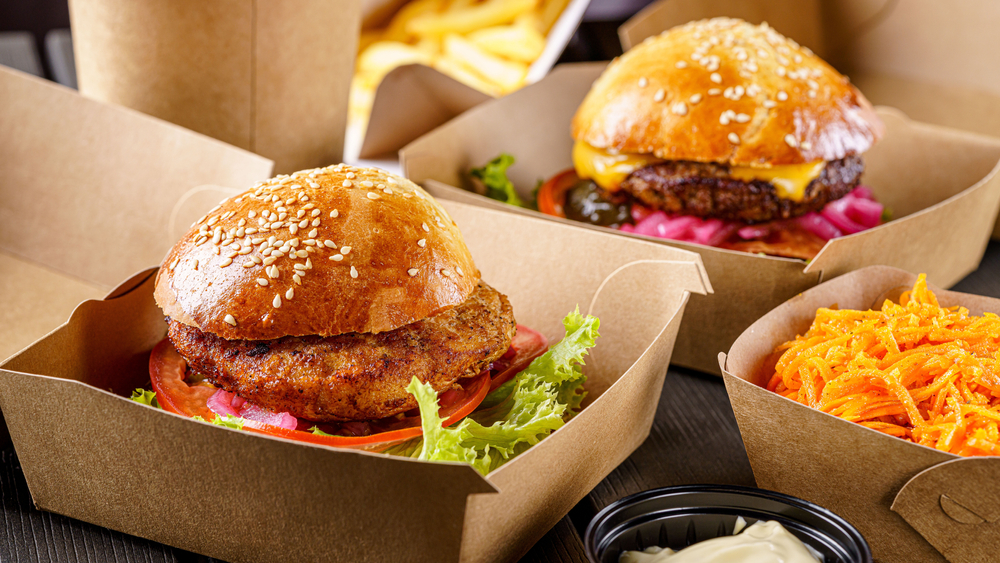Sustainable packaging has become a crucial aspect of reducing waste in Kiwi eateries, driving a shift towards eco-friendly practices in restaurants and cafes. One significant change involves swapping single-use plastic packaging for compostable alternatives. This shift not only reduces carbon footprints but also addresses the growing concern of plastic waste.
Compostable packaging, made from materials that break down naturally, can be easily composted at home or through commercial facilities, decomposing within as little as 90 days. This rapid breakdown helps reduce the volume of waste sent to landfills.
Comprehensive Waste Management
Composting extends beyond packaging to include food waste. Eateries are now more vigilant about monitoring food inventory, optimizing portion sizes, and donating surplus ingredients to charities. By composting food waste along with compostable packaging, these establishments can divert significant amounts of waste from landfills, creating nutrient-rich compost in the process. This practice not only reduces waste but also supports local agriculture by providing a valuable resource for soil enrichment.
In addition to waste management, reducing water and energy consumption is a priority. Restaurants and cafes are investing in energy-efficient dishwashers, water-saving toilets, and taps, as well as renewable energy sources. These measures help decrease the overall environmental footprint of the establishment, contributing to a more sustainable operation.
Engaging and Educating Customers
Educating customers about sustainability practices is also essential. By informing patrons and encouraging their participation in eco-friendly initiatives, eateries can foster a community of environmentally conscious consumers. This education can take many forms, from signage and informational brochures to direct engagement from staff. Partnering with sustainable businesses and supporting local communities further enhances the positive impact. Establishments are collaborating with companies that specialize in composting, collection, and recycling to streamline their waste management processes. This not only simplifies operations but also ensures that waste is handled responsibly and effectively.
Several Kiwi eateries are leading the way in sustainable practices, focusing on reducing waste, energy consumption, and promoting eco-friendly packaging.
- The Grove: This Auckland-based farm-to-table restaurant celebrates New Zealand’s bounty by sourcing ingredients directly from local farms, reducing food miles, and supporting the local economy.
- Camp Glenorchy Eco Retreat: This luxury retreat in Glenorchy has been designed with zero-waste and sustainability in mind, incorporating innovative waste management, energy-efficient practices, and sustainable building methods.
- The Hotel Britomart: As New Zealand’s first 5 Green Star hotel, The Hotel Britomart in Auckland showcases how luxury and sustainability can coexist, with a focus on environmental excellence in construction, design, and operations.
- KiwiHarvest: Partnering with KiwiHarvest, a leading food rescue organization, allows businesses to contribute to environmental conservation and community welfare while enhancing their brand reputation and customer loyalty.
Certification and Collaboration
Achieving certification as a B Corporation is another step some eateries are taking to solidify their commitment to sustainability. B Corps are businesses that meet high standards of social and environmental performance, accountability, and transparency. This certification signals to customers and the broader community that the establishment is dedicated to making a positive impact. Using biodegradable and compostable packaging materials is a clear and direct approach to minimizing plastic waste. These materials are designed to break down naturally, reducing the long-term environmental burden associated with traditional plastics.
Collaborating with Kiwi companies that focus on waste reduction can streamline these efforts. By leveraging the expertise and services of local businesses specializing in composting, collection, and recycling, eateries can enhance their waste management practices while saving time and resources. These initiatives collectively contribute to a more sustainable environment, benefiting both the planet and the business. Embracing eco-friendly practices not only helps reduce waste but also improves brand loyalty among environmentally conscious customers, fostering a positive relationship between eateries and their patrons. Through these concerted efforts, Kiwi restaurants and cafes are paving the way for a greener, more sustainable future.

